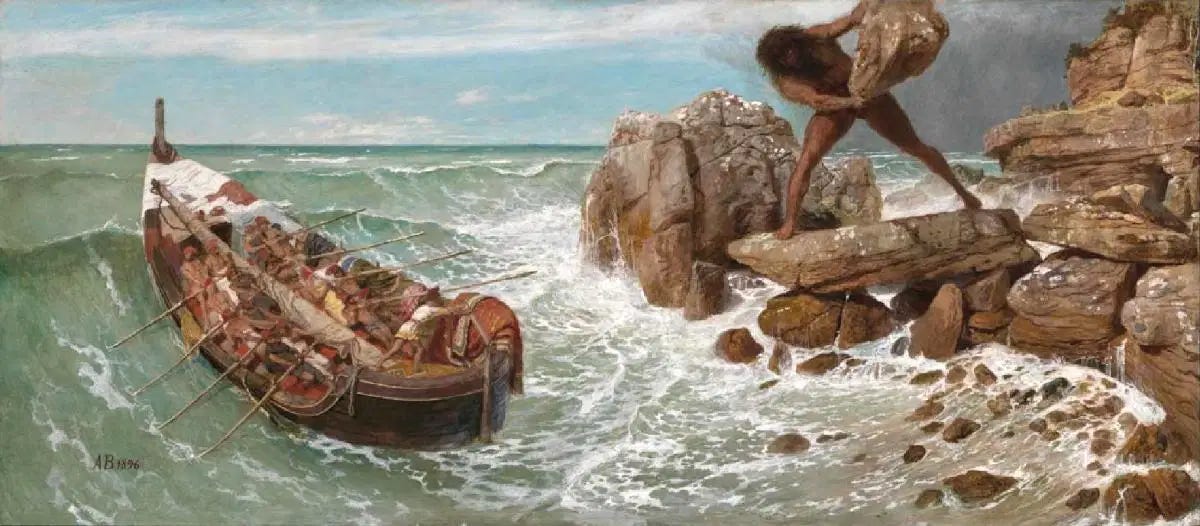Recommendation: The Odyssey (Read by Ian McKellen)
Checking out an obscure book nobody on the internet knows about
If you somehow missed it, there was amusing discourse last month about whether anyone should be expected to have heard of some old-ass poem named the Odyssey. It was kicked off when Matt Ramos—an influencer with hundreds of thousands of followers—expressed surprise that Christopher Nolan was adapting a random poem. Apparently, quite a lot …
Keep reading with a 7-day free trial
Subscribe to Counter Craft to keep reading this post and get 7 days of free access to the full post archives.


